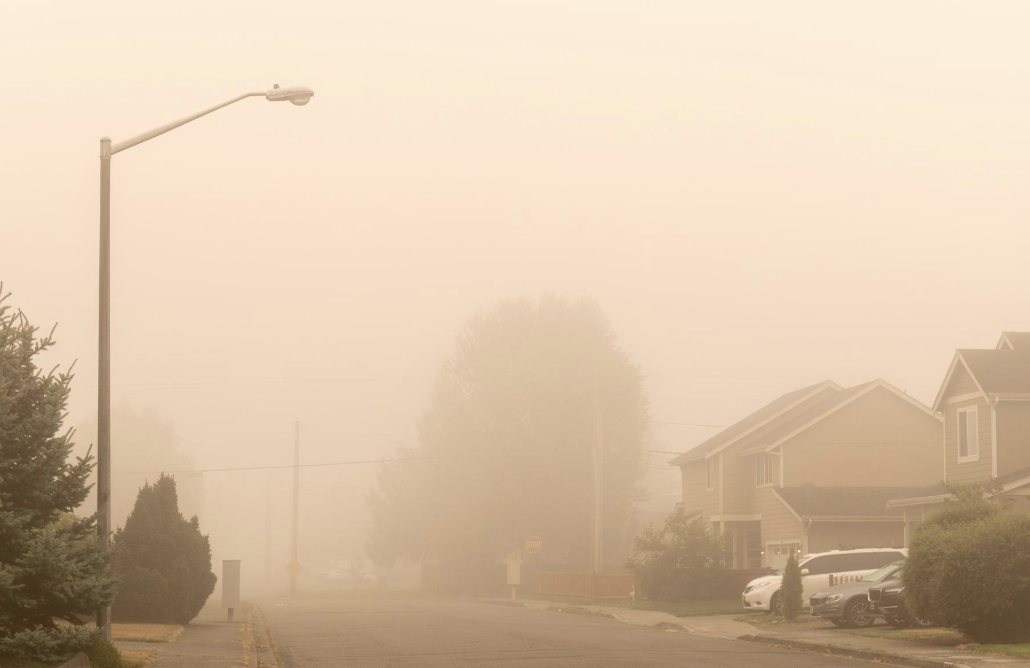Posted by Spycor LLC on Jan 22nd 2025
Wildfire smoke is becoming a growing concern, affecting air quality not just outdoors but also inside homes, offices, and hospitals. The fine particles in smoke can travel long distances and seep into buildings, causing health risks even for those far from the fire. Understanding the dangers and taking steps to improve indoor air quality can make a significant difference in protecting your health and well-being.

The Impact of Wildfire Smoke on Indoor Air
Wildfire smoke is made up of tiny particles, gases, and chemicals that can irritate the eyes, throat, and lungs. The smallest particles—known as PM2.5—are particularly dangerous because they can penetrate deep into the lungs and even enter the bloodstream. This can cause or worsen respiratory conditions like asthma, bronchitis, and other lung diseases.
For hospitals, offices, and homes, maintaining clean indoor air is essential, especially for vulnerable individuals such as children, the elderly, and those with pre-existing conditions.
Ways to Reduce Wildfire Smoke Indoors
While you can’t control outdoor air quality, there are steps you can take to minimize indoor pollution and breathe cleaner air:
- Keep Windows and Doors Closed: Limiting outdoor air from entering your home can help reduce smoke infiltration. If ventilation is needed, use filtered air sources instead of opening windows.
- Use HEPA Filtration Systems: High-Efficiency Particulate Air (HEPA) filters are designed to trap tiny particles, including those found in wildfire smoke. These filters are used in air purifiers and HVAC systems to help remove pollutants from indoor air.
- Reduce Indoor Pollutants: Avoid burning candles, using fireplaces, or frying foods with excessive smoke, as these activities can add to indoor air pollution.
- Monitor Air Quality Levels: Check local air quality reports to understand how outdoor conditions may impact your indoor environment. Websites like AirNow.gov provide real-time updates.
- Use Proper Ventilation Systems: In hospitals and offices, ensuring that HVAC systems are equipped with advanced filtration can make a significant difference in air quality.
Who is Most at Risk?
Certain groups of people are more vulnerable to the effects of wildfire smoke, including:
- People with asthma or respiratory conditions
- Children and the elderly
- Pregnant women
- Individuals with heart conditions
For these groups, maintaining clean indoor air is especially important to avoid serious health issues.
Wildfire smoke is more than just an outdoor issue—it can impact indoor spaces where we live and work. Taking proactive steps like using HEPA filtration, keeping indoor air clean, and monitoring air quality can help reduce exposure to harmful pollutants. By making small changes, you can create a healthier environment for yourself, your family, and your colleagues.
- People with asthma or respiratory conditions
To learn more about which air filtration system is best for your needs, visit HERE.


